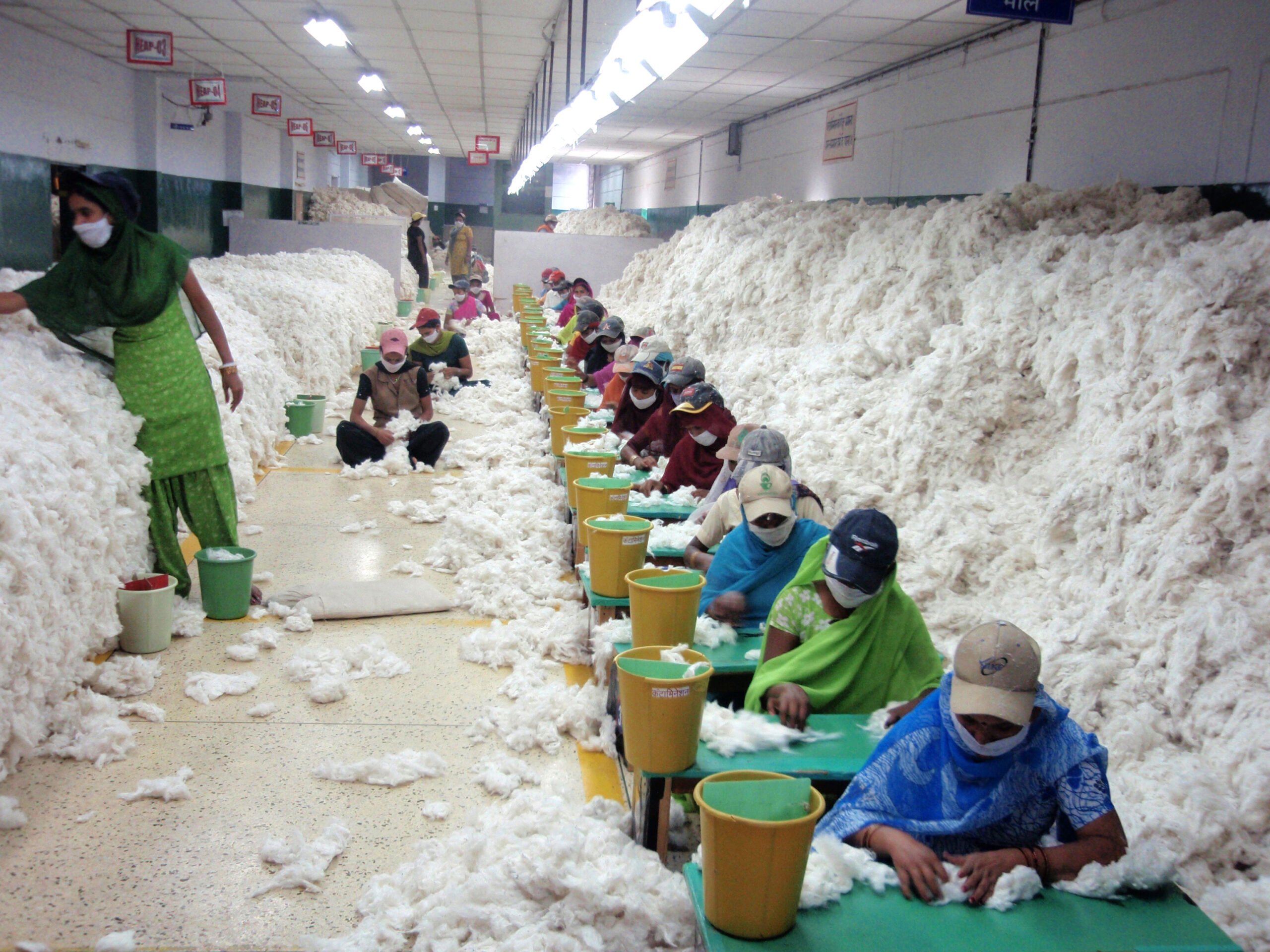Isotope analysis: a new frontier in supply chain monitoring

Many SfC members are engaging companies on the risk of Uyghur Forced Labor in global supply chains. Isotope (and DNA) analysis could be a new issue on which to engage the textile industry.
A comprehensive shareholder engagement campaign targeting companies potentially exposed (directly or indirectly) to human rights abuses in the Uyghur Region, in western China, was launched in 2020 by the Investor Alliance for Human Rights, of which SfC is a member.
Within the investor alliance, SfC members Ethos Foundation, Etica Sgr and Fondazione Finanza Etica have been leading engagement initiatives with companies in the textile, retail and energy sectors.
Textile manufacturing companies generally deny any kind of direct or indirect business relationship with Xinjiang’s suppliers. However, isotope analysis by German researchers, disclosed by German public broadcaster NDR’s investigative programme STRG_F in May, seems to tell another story.
Researchers at the Agroisolab in Jülich and the Hochschule Niederrhein University of Applied Sciences, both in western Germany, say an isotope analysis has found traces of Xinjiang cotton in Puma and Adidas T-shirts, shirts by Hugo Boss and the German outdoor wear brand Jack Wolfskin, and a pullover by the fashion company Tom Tailor.
“The isotopic fingerprints in the cotton are unambiguous and can be differentiated from cotton sourced from other countries and even other Chinese regions” Markus Boner of Agroisolab told NDR.
Contacted by the Guardian for a response to the findings, the five German clothes brands basically confirmed that they do not source any cotton from the Xinjiang region.
Speaking anonymously, one auditor investigating Chinese subcontractors told NDR it was practically impossible for western companies to thoroughly shed a light on their own supply chains as their access in China was restricted by the communist government of Xi Jinping. “It is theoretically possible but highly unlikely that western businesses can say with certainty that there is no forced labour in their cotton supply chains in Xinjiang,” the auditor said.
“Isotope analysis is a new frontier in supply chain monitoring”, comments Anja Seiler, ESG Engagement Specialist at Ethos Foundation, who has organised an investor webinar on the topic. “As investors we can ask textile manufacturing companies to assess the costs of submitting their products to isotope screening, so that risks to be exposed to human rights abuses can be minimised. However, this should become an industry-wide task in the long term. Ideally, we would need an independent organisation, financed by companies’ fees, that creates a database of samples and performs isotope testing. The methodology is already working for products like timber, soy and eggs. Why shouldn’t it work for cotton?”
Picture: Manually decontaminating cotton before processing at an Indian spinning mill (Licence: Wikimedia Commons)